In what is now a semi-regular occurrence, the workings of U.S.-led global diplomacy has cast a dark shadow over Ukraine.
U.S. President Donald Trump spoke with his Russian counterpart, Vladimir Putin, on May 19 in the latest attempt to broker a ceasefire in Ukraine. The call came just days after a U.S.-backed but largely inconclusive negotiation between Kyiv and Moscow, where Russia sent a delegation of low-level officials and reiterated sweeping territorial demands.
Following the call, Trump told reporters that he trusts Putin, will not sanction Russia, but will abandon Ukraine peace efforts if progress is not made.
In a follow-up call between Trump and President Volodymyr Zelensky, the latter had to remind his U.S. counterpart that negotiations with Russia are already underway and that Moscow has been stalling all efforts to impose a ceasefire.
"It is obvious that Russia is trying to buy time to continue the war and occupation," Zelensky later wrote on X.
Yet the tone coming from the White House after the call suggested that at least to one man, it wasn't that obvious at all.
"Nothing good is expected," Yelyzaveta Yasko, a lawmaker from the governing Servant of the People party, told the Kyiv Independent when asked for her initial reaction to the phone conversations.
The results of the Trump, Putin call
Despite the U.S. president claiming "it went very well," that "some progress was made," and that the "tone and spirit of the conversation was excellent," Ukraine and its European allies were stunned by the outcome of Trump's call with Putin.
Trump also claimed that Putin had agreed to "immediately start negotiations towards a ceasefire," seemingly forgetting that he himself has been demanding one since March 11, and that direct negotiations between Ukraine and Russia are already underway.
According to Axios, when Trump told Zelesnky and other European leaders about the results of the call, he was met with a stunned silence.
Once this had passed, Zelensky had to gently remind Trump that it had been his idea all along to start the peace talks with an immediate 30-day ceasefire.
"Putin has humiliated him in public several times in a row, and the U.S. president doesn't want to recognize that and doesn't know what to do."
In addition, Russia once again refused to agree to the ceasefire, instead saying it was prepared to negotiate a "memorandum regarding a potential future peace treaty."
Neither Trump nor Putin discussed a deadline for a ceasefire, and the U.S. president once again threatened to walk away if Ukraine and Russia could not negotiate a peace between themselves, effectively giving Putin free rein to continue waging war against Ukraine.
In Kyiv, the news was met with a now familiar mix of resignation, disappointment, and increasing unease over Trump's continuing appeasement of Putin's position.
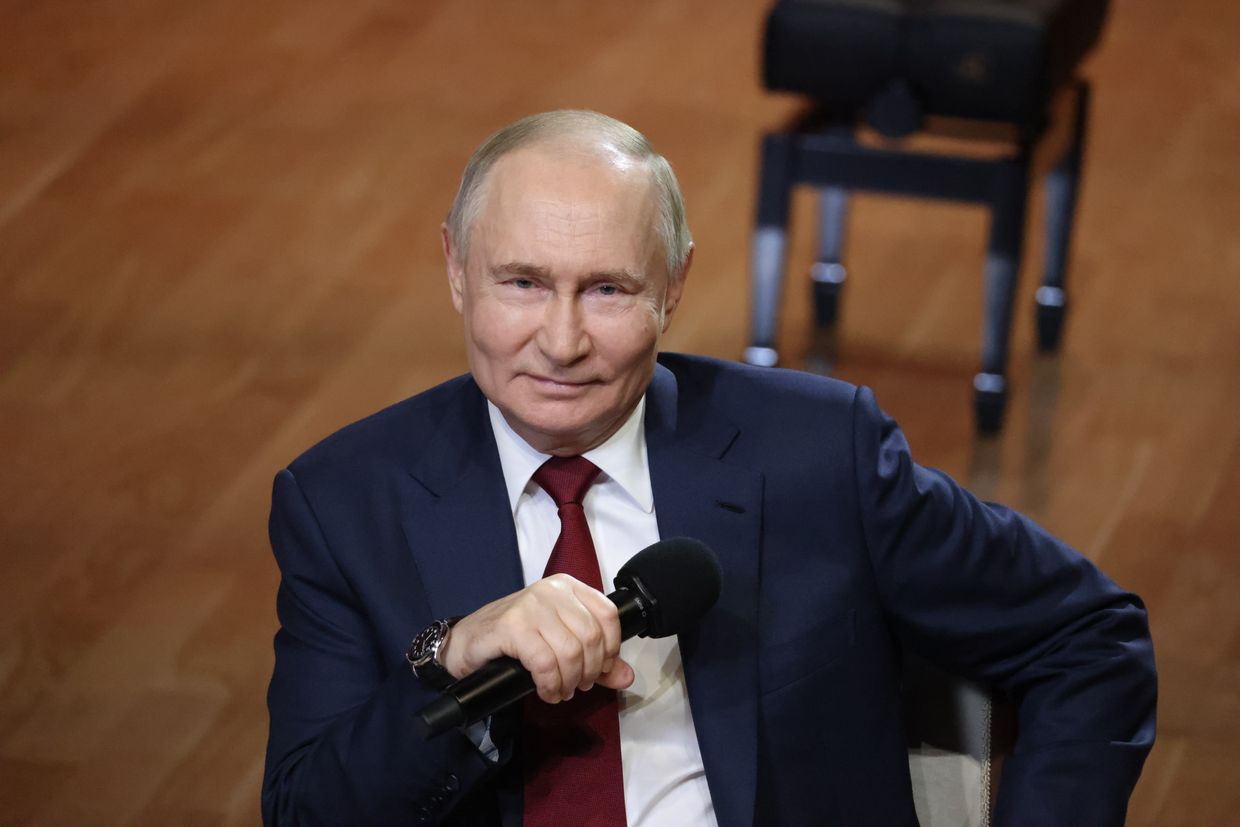
"The main conclusion of the latest phone conversation between Trump and Putin is that Trump doesn't know how to deal with real gangsters," Andrii Osadchuk, a lawmaker from the Holos faction, told the Kyiv Independent.
"Putin has humiliated him in public several times in a row, and the U.S. president doesn't want to recognize that and doesn't know what to do."
Of particular concern is the idea that future negotiations should be conducted solely between Russia and Ukraine, without a mediator, and that Trump appears to perceive his attempts at brokering a peace as bearing fruit, despite Russia not having budged from the demands it set way back in 2022.
"The fact that Americans believe that peace can be achieved through direct conversations is a dangerous sign," Inna Sovsun, a lawmaker from the Holos faction, told the Kyiv Independent.
"The Russians are only willing to negotiate and compromise if there is some pressure on them that they feel."
Any hopes of the U.S. placing its first real pressure on the Kremlin since Trump took office was swiftly quashed by the U.S. president — immediately after the call he told reporters at the White House that he will not impose further sanctions against Russia "because there's a chance" of progress towards a ceasefire.
The view from Ukraine, however, is very different.
"Ukraine, through years of dealing with Russia, has learned one very clear lesson: Putin constantly lies," Halyna Yanchenko, a lawmaker from the Servant of the People party, told the Kyiv Independent.
"Today, he continues to use the same tactic — trying to blind Donald Trump, stall for time, and use any pause to seize even more Ukrainian territory," she added.
Russia's demands
Underpinning the intense feeling of frustration in Ukraine is a fact that appears obvious to almost everyone except Trump — that after 119 days, Putin has not made a single concession that suggests he is truly interested in peace.
"This phone call hasn't changed anything at all," Oleksandr Merezhko, a Ukrainian lawmaker and chair of the parliament's foreign affairs committee, told the Kyiv Independent.
"Putin continues to insist on his ultimatums and maximalist demands, and keeps rejecting ceasefire proposals."
At the May 15 Istanbul talks, Russia sent a delegation of low-level officials and reiterated maximalist demands, including that Ukraine accept the loss of occupied Crimea and four oblasts in their entirety despite Russia not fully controlling any of them.
"I will continue to resist even if Crimea remains part of Russia, because Crimea was and is Ukraine, regardless of political decisions."
Attacks against civilians have only escalated since Trump took office, and on May 18, Russia carried out its largest drone attack since the start of its full-scale invasion.
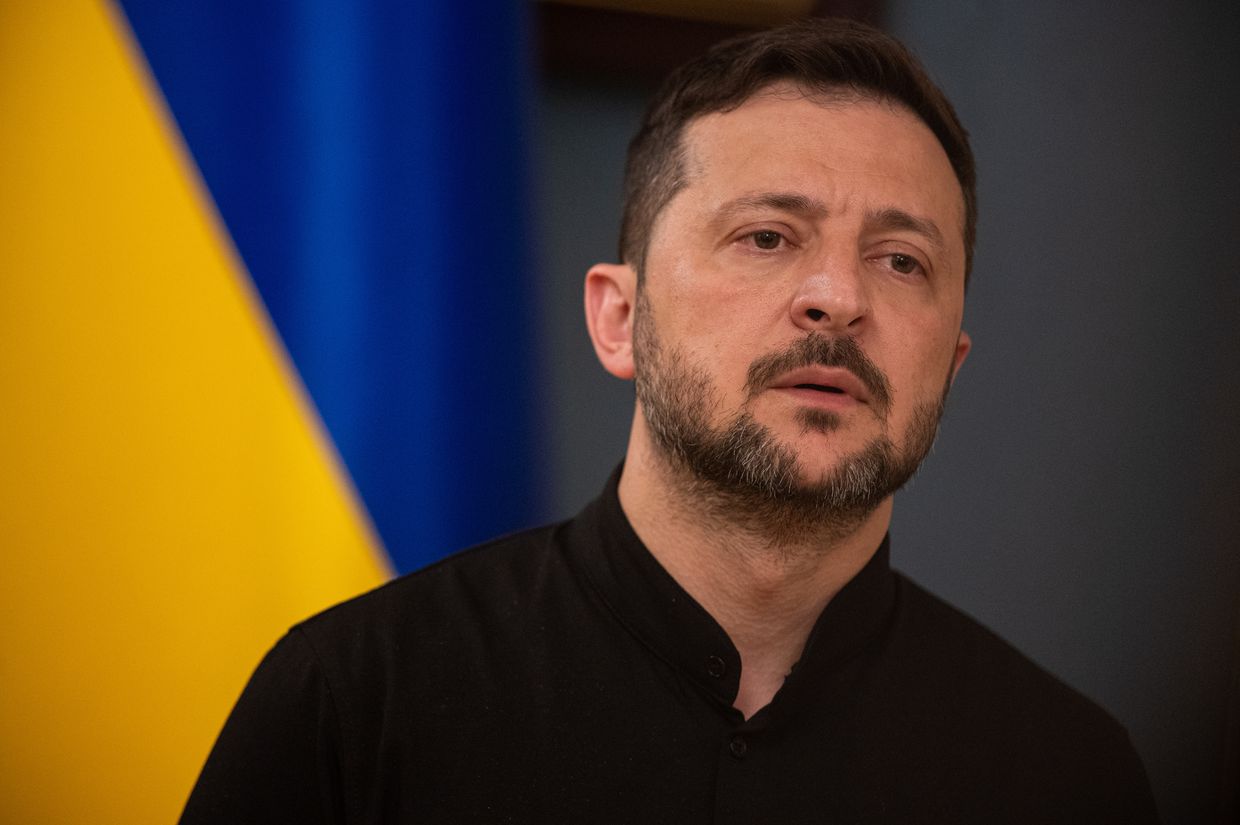
'One big deal'
Trump, the author of "The Art of the Deal," once again trumpeted his alleged negotiating skills when telling reporters on May 19 about his call with Putin.
"My whole life is like deals — one big deal," he said.
In the context of his failed peace process in Ukraine so far, the claim rang hollow.
"The stance of the EU and the U.S. was to step up pressure on Russia if it rejects a ceasefire," Olena Halushka, a board member at the Anti-Corruption Action Centre (AntAC), told the Kyiv Independent.
"It rejected it, so now it's time to act — step up sanctions and military aid, and confiscate frozen Russian assets. Russia doesn't want peace, it wants Ukraine," she added.
On May 20, the EU kept up its side of the bargain, formally approving its 17th package of sanctions imposed on Russia over aggression in Ukraine, including measures against almost 200 shadow fleet vessels.
To date, Trump has not taken a single concrete action to place any pressure on the Kremlin.
The cost of failed negotiations
While phone calls, negotiations, and Truth Social posts play out on the global stage, those with perhaps the most at stake — Ukrainians living under Russian occupation — watch on.
"I am worried that as a result of the negotiations, Crimea may be left under Russian control," a woman currently living in occupied Crimea, whose name is being withheld for security reasons, told the Kyiv Independent on May 19.
She is an activist with the Yellow Ribbon resistance movement, fighting back against Russian occupation because she wants the "world to see that Ukrainians here have not surrendered."
"I will continue to resist even if Crimea remains under Russian rule, because Crimea was and is Ukraine, regardless of political decisions," she added.
As Russia’s fiber optic drones flood the battlefield, Ukraine is racing to catch up
Editor’s Note: In accordance with the security protocols of the Ukrainian military, soldiers featured in this story are identified by first names and callsigns only. Every year, as the way war is fought constantly evolves on the battlefields of Ukraine, the visuals of the fighting on the ground that

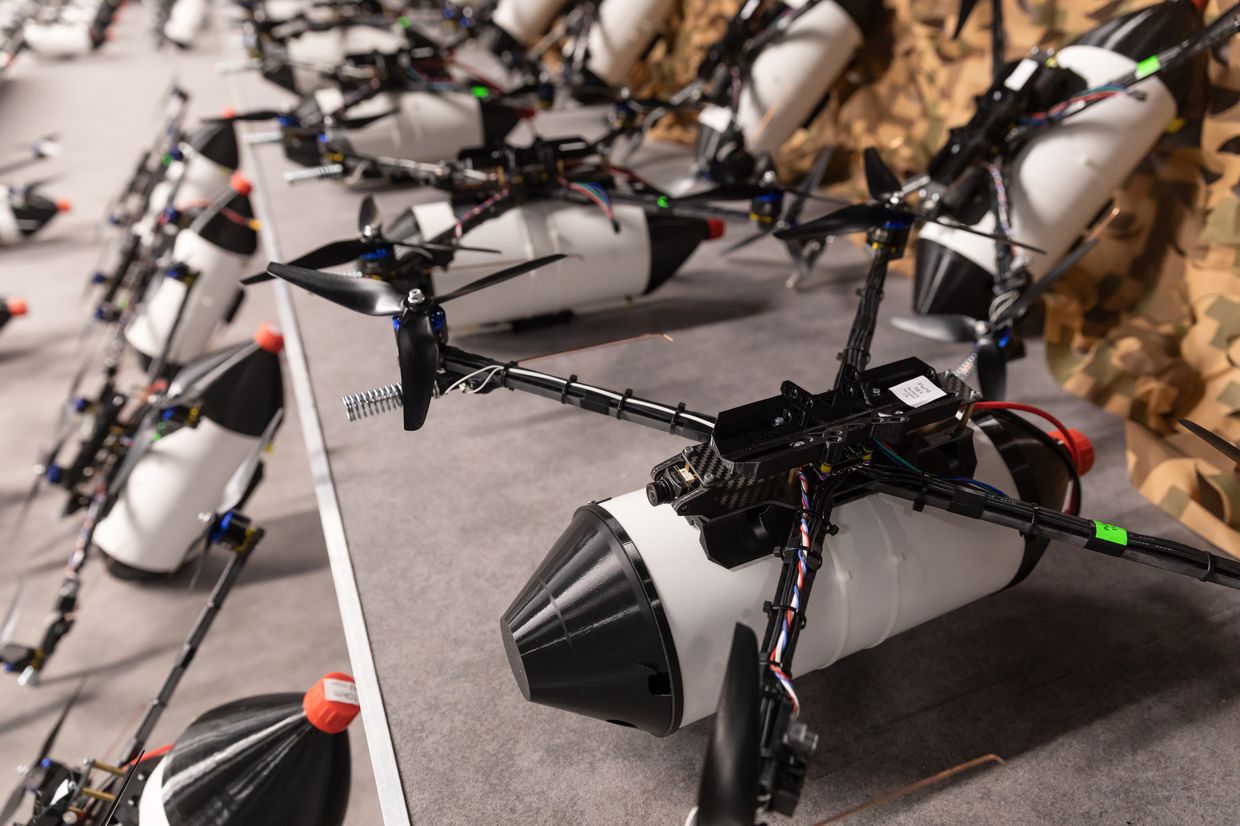
.png)
 German (DE)
German (DE)  English (US)
English (US)  Spanish (ES)
Spanish (ES)  French (FR)
French (FR)  Hindi (IN)
Hindi (IN)  Italian (IT)
Italian (IT)  Russian (RU)
Russian (RU)  4 hours ago
1
4 hours ago
1
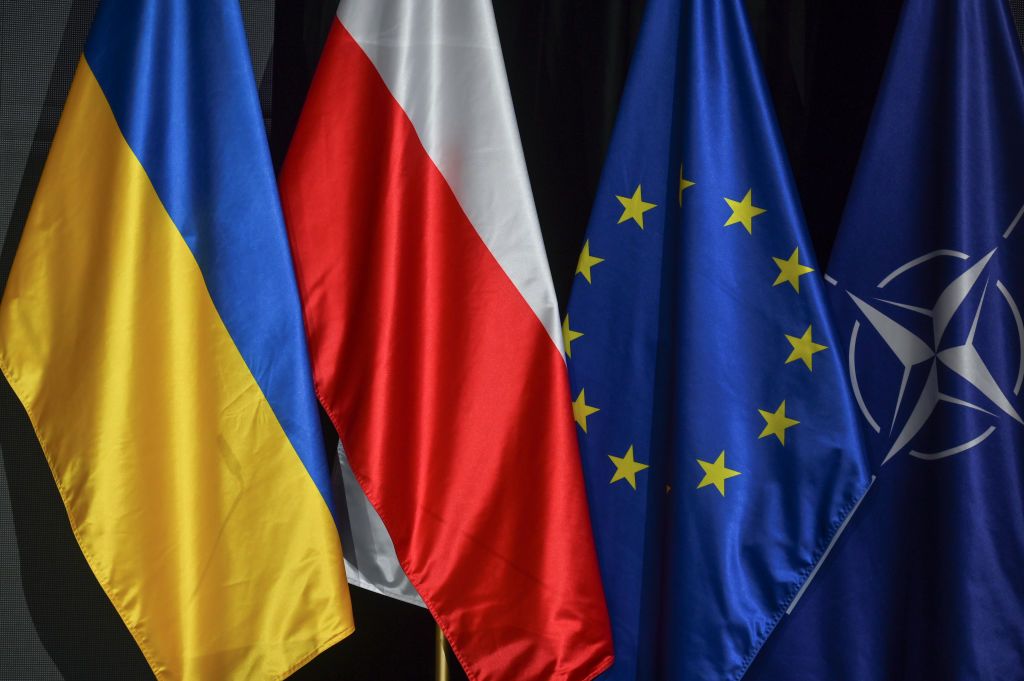
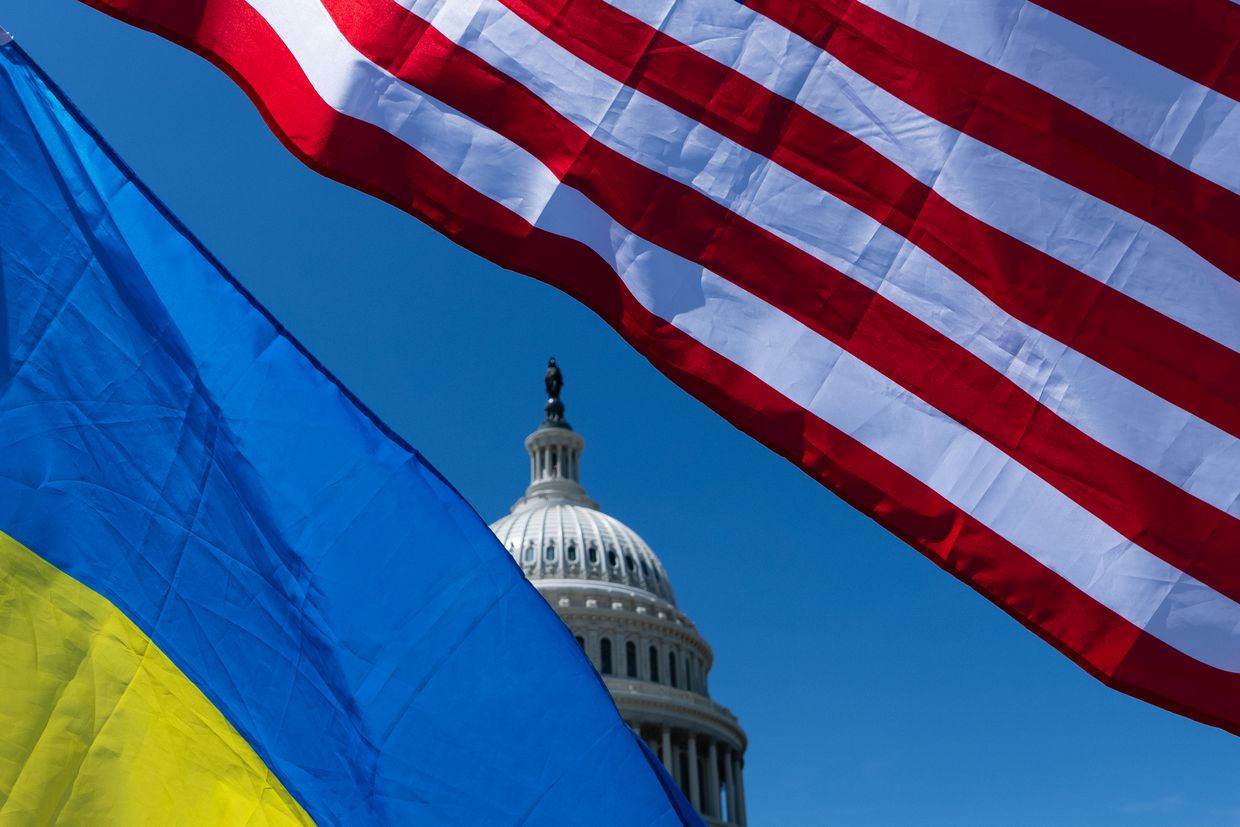
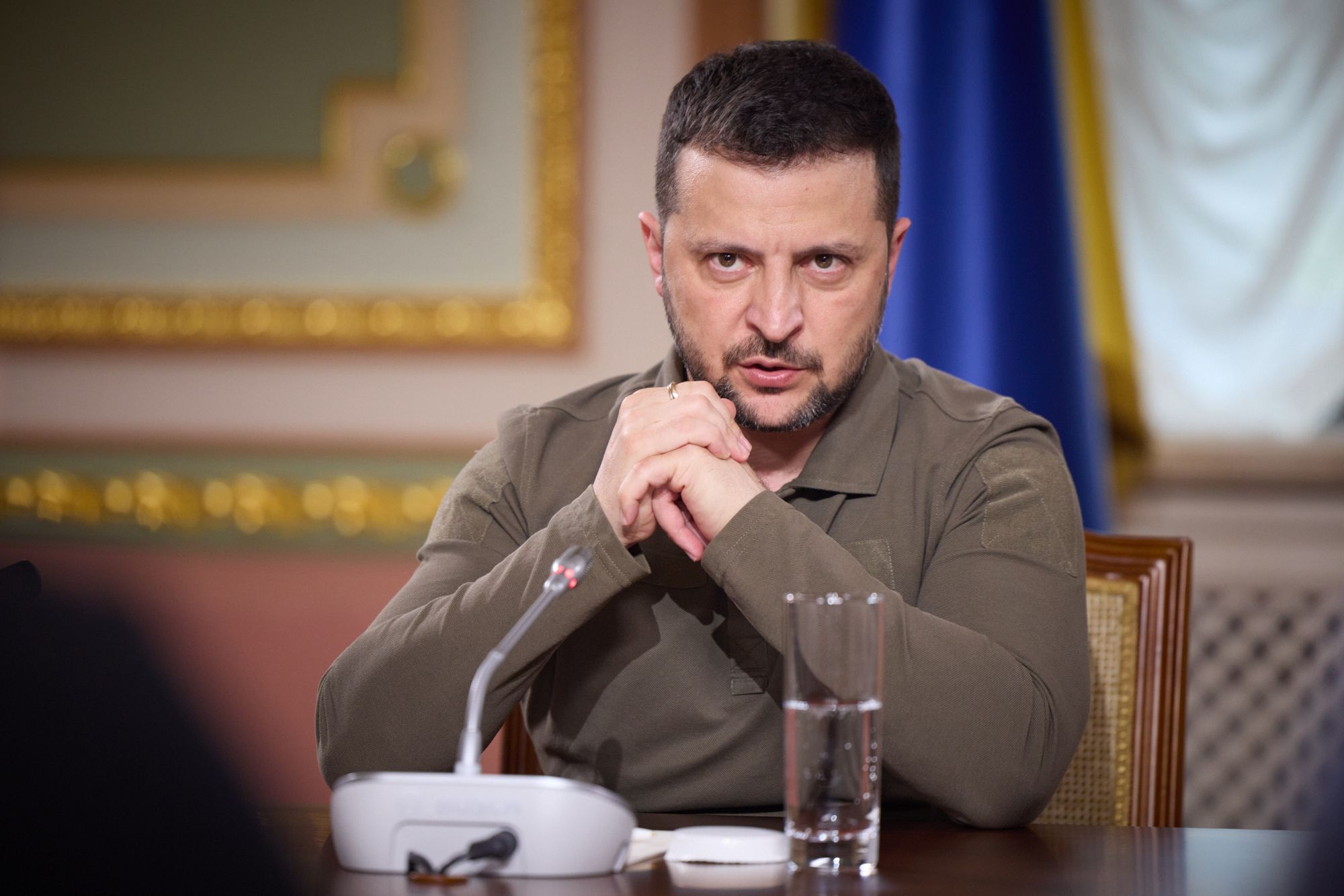
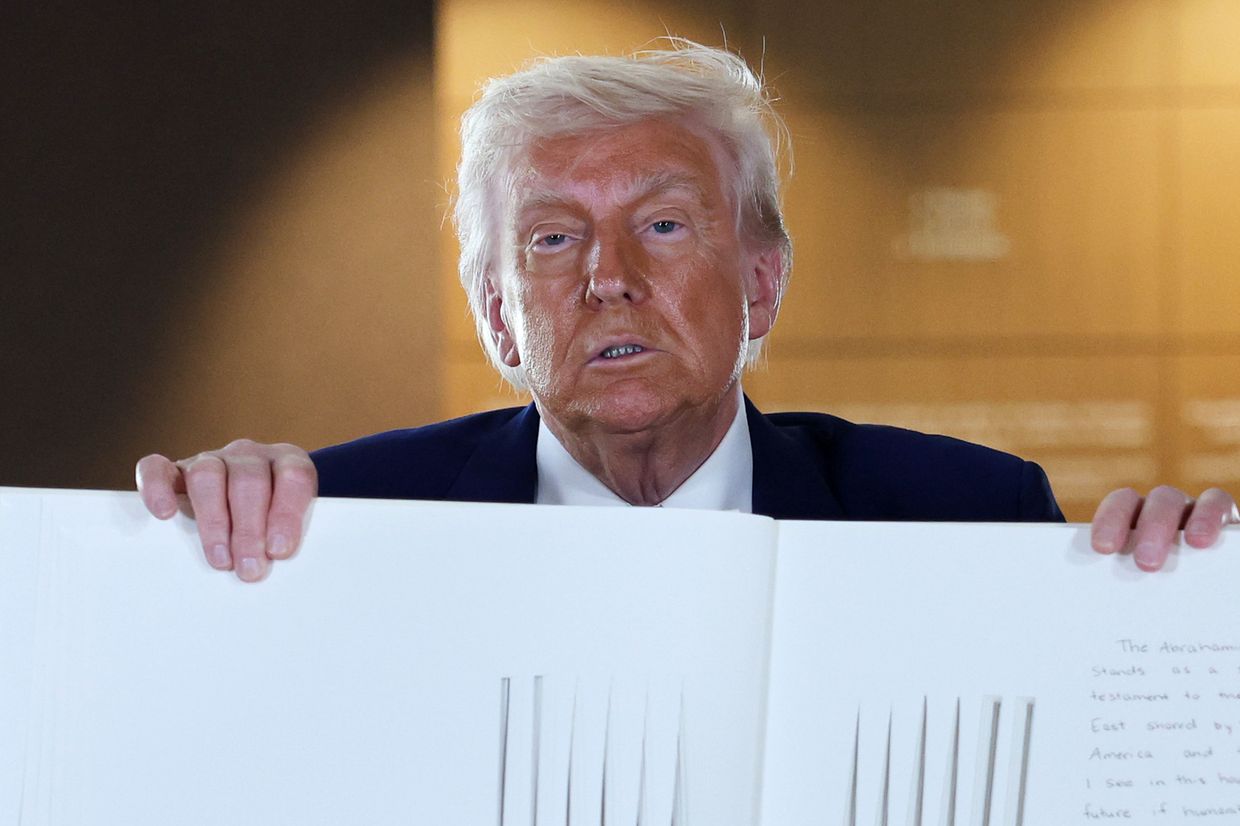
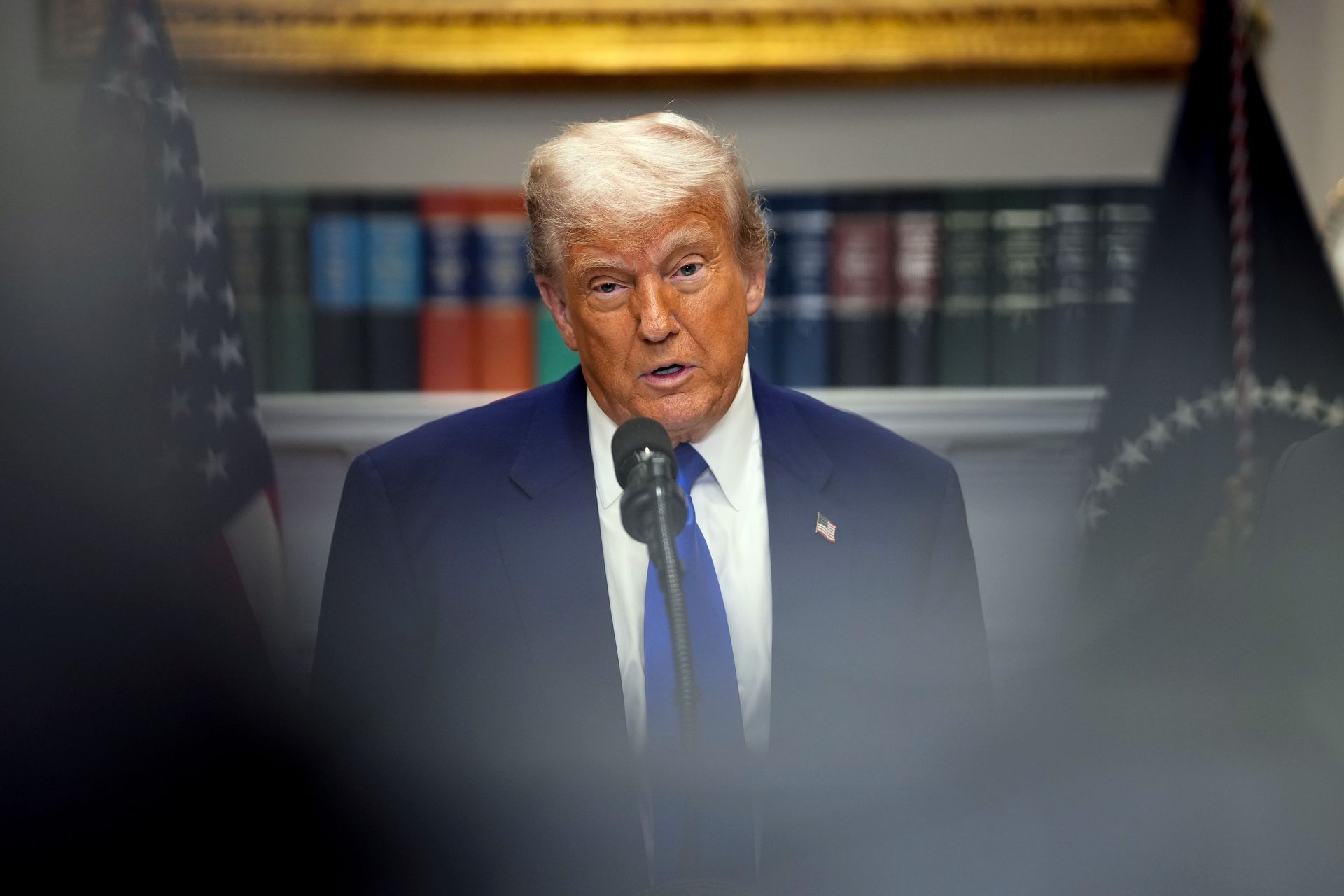




Comments